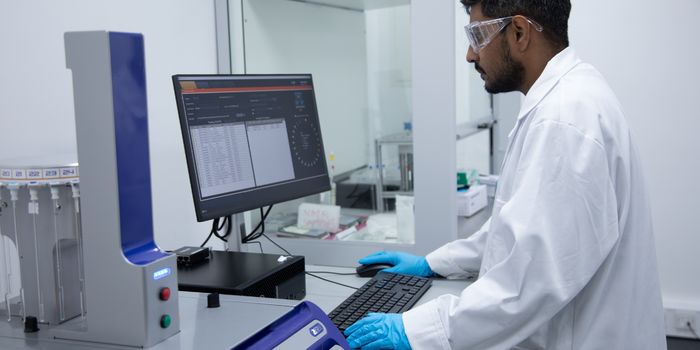Substance Abuse and Genetic Signature
According to a study conducted by the Washington University School of Medicine and published in Nature Mental Health, a common genetic signature may increase the risk of developing substance use disorders. The study identified some genes predisposing an individual to substance abuse, and the findings could inform the development of universal therapies to treat multiple substance use disorders.
Substance use disorders and overdose deaths have increased dramatically in the last decade. The National Survey on Drug Use and Health found that roughly 46 million U.S. citizens over the age of 12 had at least one substance use disorder in 2021. Severe cases of substance use disorder usually involve the use of more than one substance. Most intervention treatments target using a specific substance such as tobacco, cannabinoids, or opioids instead of treating addiction broadly.
The genetic signature associated with substance use disorders includes variations in multiple genes. It is linked to the regulation of dopamine signaling. Previous research has indicated that repeated exposures to addictive substances can cause the dopamine pathway to build a tolerance to the effects of substances. An increased tolerance often prompts an individual to seek more of the substance to trigger the same reward.
The researchers analyzed genomic data from more than 1.1 million people of mainly European ancestry (1,025,550) and a smaller population of people of African ancestry (92,630). They compiled a list of over 100 approved and investigational pharmaceutical drugs that might potentially be used to treat substance use disorders. Genome variations associated with addiction disorders in many individuals across large sample sizes can distinguish key genetic variations associated with an increased risk of having one or multiple disorders.
The researchers found that the genetic variation underlying addiction includes 19 single-letter differences in the DNA code that were significantly associated with general addiction risk. They also identified 47 genetic variants linked to specific substance disorders (9 for alcohol, 32 for tobacco, 5 for cannabis and 1 for opioids). Although the data could inform novel treatments for addiction to individual substances, many more genetic differences likely shape a person’s genetic predisposition to become dependent on one or more addictions.
Sources: Eureka News Alert, Nature Mental Health, Washington University School of Medicine








